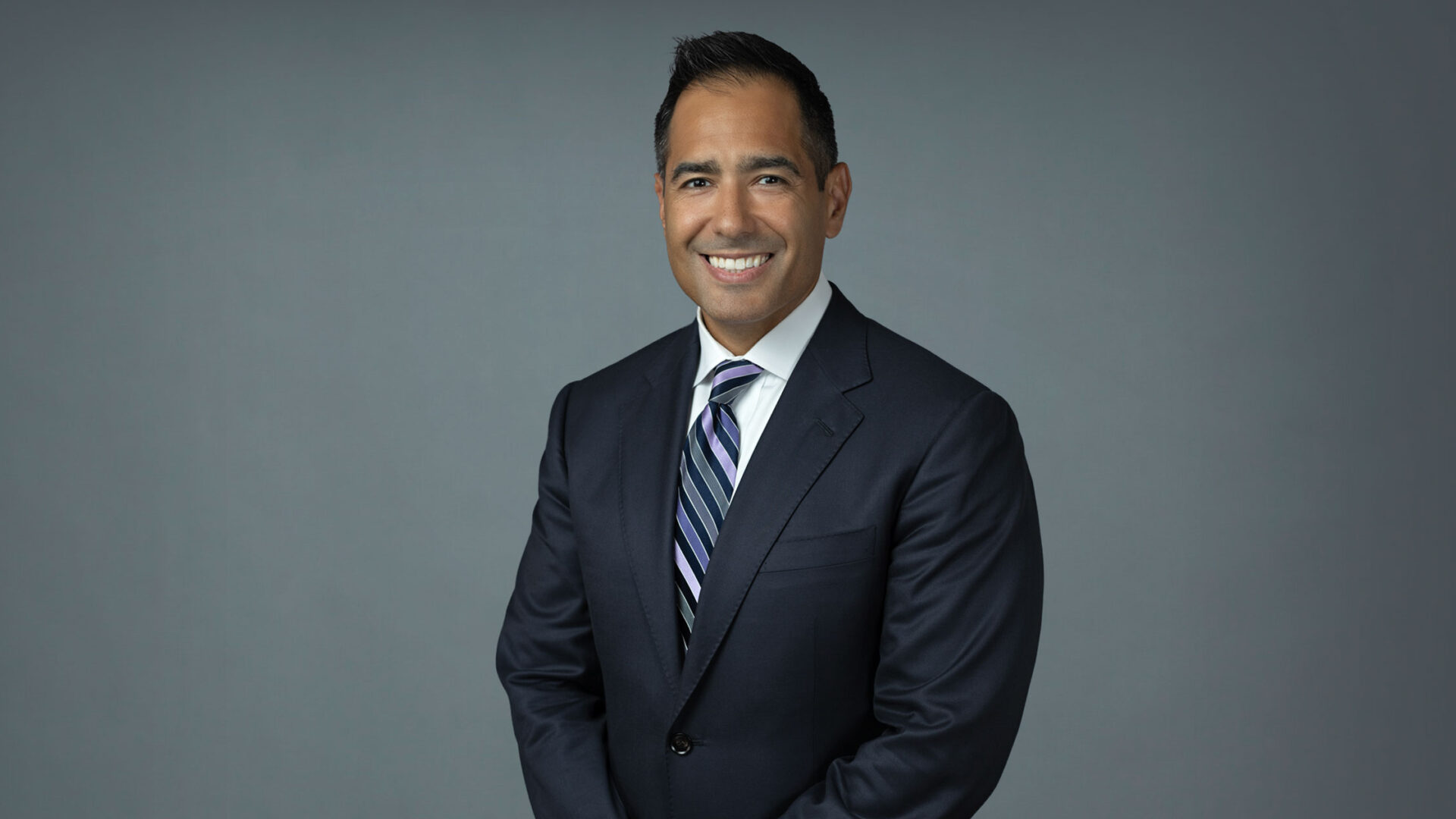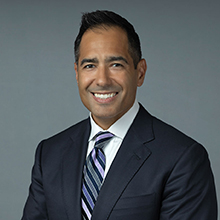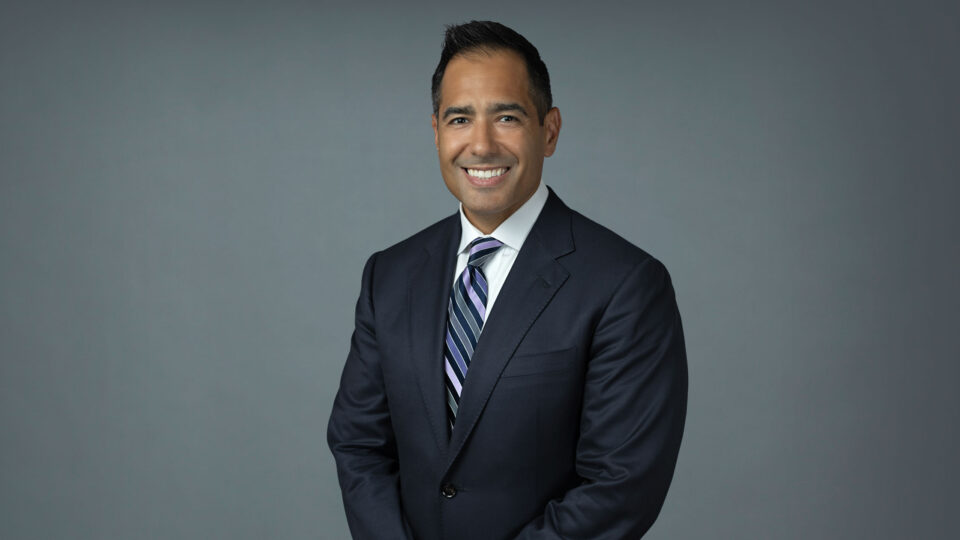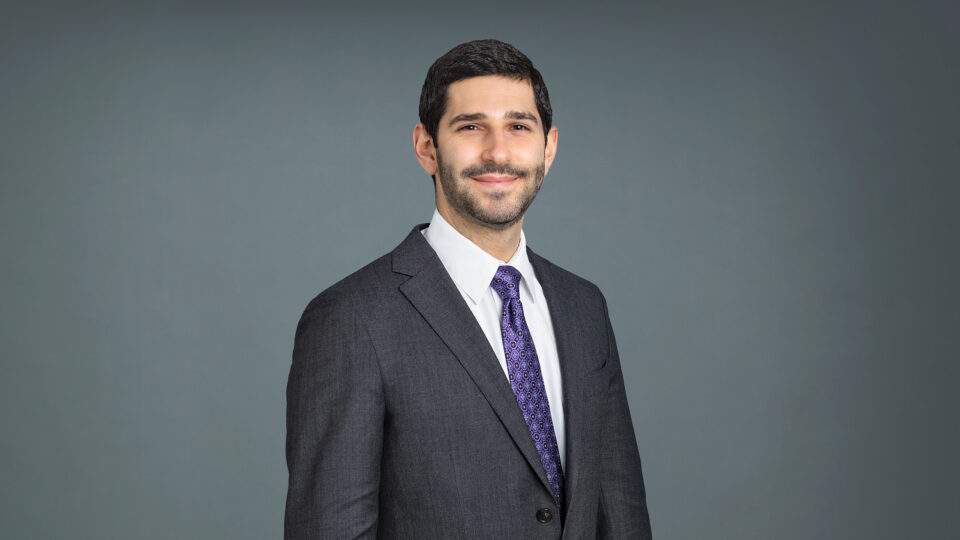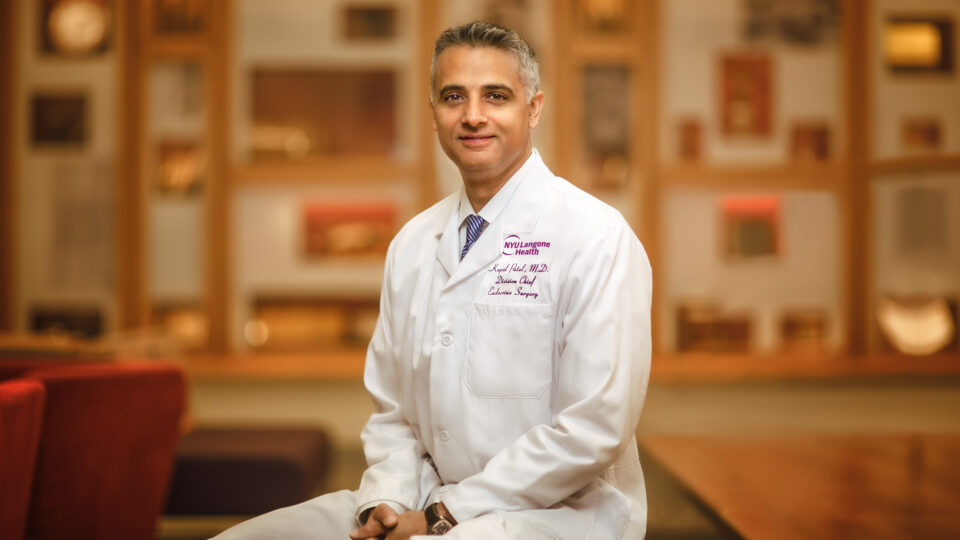With an active research lab exploring the link between metabolism and disease progression, Marcus D. Goncalves, MD, PhD, recently joined the Holman Division of Endocrinology, Diabetes and Metabolism at NYU Langone Health as director of systemic metabolism research. Dr. Goncalves is leading an international collaborative dedicated to uncovering the role of cachexia in cancer outcomes, and has co-authored numerous peer-reviewed articles characterizing the role of metabolic dysfunction in cancer progression and therapeutic response.
Here, he discusses how his lab is targeting tumor-driven metabolic imbalances with the goal of reducing cachexia and improving cancer outcomes. He also explores how fructose fuels tumor growth and the potential of dietary interventions in cancer treatment.
Physician Focus: Dr. Goncalves, your research centers on the interplay between metabolism, the endocrine system, and cancer. Can you share your lab’s current areas of focus?
Dr. Goncalves: Broadly speaking, we are interested in how the body gains or loses weight, how weight regulates metabolism and tumor growth, and how dietary interventions can lead to better outcomes for cancer and obesity.
One of our most notable areas of research is in cachexia, a wasting syndrome that causes significant muscle and weight loss, most recognized in the context of cancer. I am a co-lead for an international grant known as the Cancer Grand Challenges award, collaborating with a team of researchers from 14 institutions across the U.S. and U.K. focused on different aspects of cachexia—its subtypes, mechanisms, and potential pharmacologic interventions to address it.
“We believe that targeting cachexia itself can actually improve overall cancer mortality—a big statement, since that isn’t necessarily true for some of our most exciting anti-cancer therapies.”
Marcus D. Goncalves, MD, PhD
Cachexia also occurs with chronic diseases such as COPD, HIV, and rheumatologic disease. One of my goals here at NYU Langone is to expand our cachexia research beyond cancer, to take what we’ve learned from cancer cachexia and bridge into other areas of medicine.
Physician Focus: How common is cachexia as a cancer comorbidity, and what is understood about how it impacts disease progression?
Dr. Goncalves: It’s incredibly common, with estimates suggesting about half of all patients with cancer—and over 80 percent of those with advanced cancer—have some aspect of cachexia. It’s especially common in gastrointestinal cancers and head and neck cancers, and is also prevalent in lung cancer.
Our hypothesis is that tumors behave as a “wound that doesn’t heal,” triggering persistent local and systemic inflammation. The body’s unsuccessful attempts to repair this “wound” lead to energy depletion and progressive weight loss. Targeting this maladaptive host response to cancer may help mitigate cachexia.
Cachexia is linked to poor surgical outcomes, less tolerability for anti-cancer therapies, and increased complications from those therapies; it directly leads to death in up to 30 percent of people with cancer. We believe that targeting cachexia itself can actually improve overall cancer mortality—a big statement, since that isn’t necessarily true for some of our most exciting anti-cancer therapies.
Physician Focus: Treatment options for cancer-related cachexia remain limited. Have any promising therapeutic strategies emerged from your research or others’?
Dr. Goncalves: In animal models, we’ve found that if we block certain targets, such as activin A, and improve food intake, the animals live longer. For example, we can reverse weight loss in mice with lung cancer, which leads to a significant improvement in overall survival.
In patients, the most exciting possibility is in drugs to block GDF15, a cytokine with appetite-suppressing effects implicated in cachexia. Patients with cancer have very high expression of GDF15 and blocking that process can support better food intake. The strategy recently showed promise in improving body weight and physical function in a phase 2 clinical trial.
Physician Focus: Beyond cachexia, what other discoveries have emerged from your research on cancer and metabolism?
Dr. Goncalves: There’s a strong link between sugar consumption and tumor formation, particularly in colorectal and small intestinal cancer. In animal models with intestinal polyps, we published a study in Science showing that fructose—whether from natural sources or high-fructose corn syrup—stimulates tumor growth. Our research shows that fructose helps tumors survive by overcoming hypoxia.
“We found that fructose elongates intestinal villi by up to 40 percent, increasing nutrient absorption—similar to how it promotes tumor growth.”
We then studied normal intestine, suspecting similar effects. We found that fructose elongates intestinal villi by up to 40 percent, increasing nutrient absorption—similar to how it promotes tumor growth. This work was published in Nature. Longer villi mean greater surface area, leading to higher absorption even with the same food intake. Based on these findings, we identified two drug targets that could shorten villi, reduce absorption, and promote weight loss.
Physician Focus: How are you translating these learnings on metabolism and cancer into clinical practice?
Dr. Goncalves: At our cachexia clinical center—one of only a few in the country—we collaborate with Perlmutter Cancer Center’s dietitians and oncologists to apply our research in patient care and lead clinical trials. We have developed new clinical pathways to treat low food intake and inflammation in patients with cancer, and early evidence suggest this approach can help protect their body weight.
For obesity-linked cancers like endometrial and breast cancer, weight loss is a clear intervention to reduce progression and recurrence. Endometrial cancer, in particular, has the strongest link to obesity, with at least a six-fold higher risk. This is likely due to insulin signaling, as obesity raises insulin levels, and most endometrial tumors have mutations that make them particularly responsive to insulin.
In a recent, unpublished study, we placed women with early-stage endometrial cancer on a low-carb diet before surgery and found reduced insulin signaling in their tumors, suggesting a protective effect. Future research will explore combining dietary interventions with PI3K inhibitors that can block insulin signaling, but even now, weight loss—via diet or GLP-1 therapies—is a viable strategy to lower cancer risk.
Physician Focus: You’ve been with NYU Langone for almost a year. How is it shaping your approach to research and patient care?
Dr. Goncalves: Something that excites me is the ability to make use of the large NYU Langone network to find patients impacted by the conditions we study. For example, using the shared EHR, we are able to identify patients with significant weight loss (≥ 5 percent) for automatic referral to the clinic—something that would take years to implement at another center.
Another priority is driving impact through cross-specialty collaboration, to share ideas with colleagues in pulmonology, rheumatology, cardiology, precision medicine, the Optimal Aging Institute, and more. We want to reach the maximum number of patients—to take these discoveries we’ve made for cancer into many different divisions of medicine.


